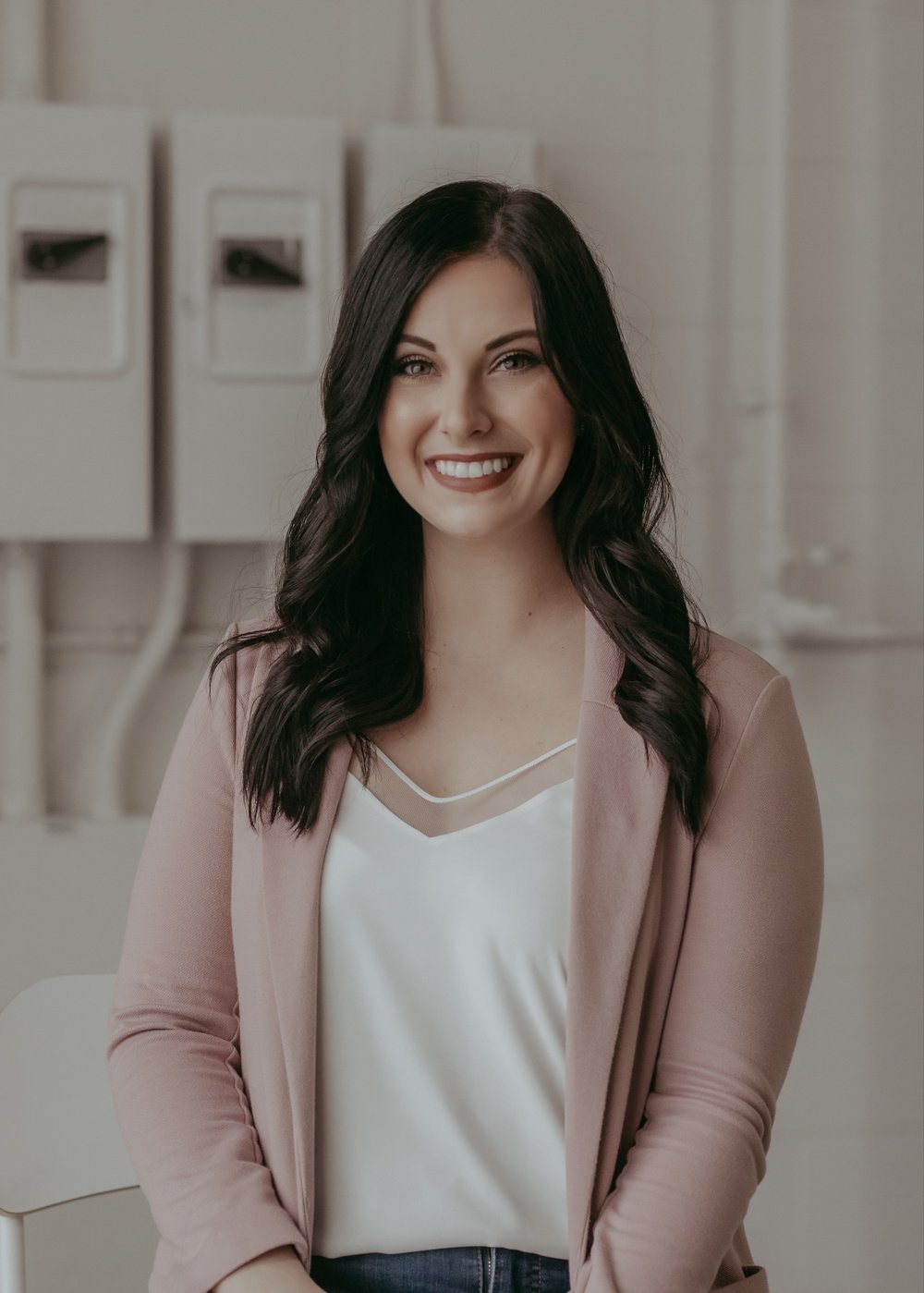The Power of 1% Responsibility
When we experience loss in our lives, we often feel immense emotional pain. Sometimes the pain is so profound that it leaves us feeling paralyzed and hopeless about the future. It’s as if we are stuck in an emotional prison, unable to escape and incapable of imagining a life without suffering. Over time and without new action, our prison can become so familiar that we begin to believe that we are powerless over our emotions, our lives, and our circumstances in life.
The good news is, we do have control. As challenging and painful as it can be to take ownership of our lives (especially our pain), we do have the capacity to own our emotions, own our stories, and decide what we are going to do with the emotional pain we are carrying. This ownership is the first step on our path to healing and recovery.
The Grief Recovery Method® emphasizes the need for us to take at least 1% responsibility for our reaction in the present moment. That 1% represents the small part of us that feels hopeful about feeling better and our willingness to take new action to heal from our pain. If we don’t accept at least 1% responsibility for our emotions, we get to stay in prison.
Action is the antidote to fear. In order to experience true emotional healing and fulfillment in our lives, we must be willing to push through our fears and the familiarity of our pain and take new action to move forward.
Even if recovery is what we deeply desire in our hearts, our fear can have a powerful grip on us in the present moment. It is often our fear that stops us in our tracks and limits us from taking emotional risks in life. Richard O’Connor, the author of Rewire, states that “fear of success is a euphemistic stand-in for deeper fears that are the real motivation for handicapping ourselves – fear of freedom, happiness, intimacy and responsibility.”
Aren’t we all willing to do whatever it takes to feel happy in life? Then why is this so challenging for us?
Well, it is in our human nature to seek what is familiar, even if it is not comfortable. Over time and without new action, our pain becomes familiar to us. Yes. We develop a fierce relationship to our pain and sometimes even defend it. We don’t like to give up what belongs to us, right? This familiarity, stacked on top of fear, is a powerful barrier to feeling better and recovering from loss.
Having experienced the painful deaths of our dads, as well as other losses, we deeply appreciate how scary and uncertain life feels after loss. It’s like you see your life path diverging in front of you, and you know you have to make a massive decision about which path you choose to walk. The decision we make at this crossroad of our lives is critical in our healing.
Making the choice to walk onto a new path can feel very scary, intimidating, and uncomfortable. It compels us to take new ownership for our lives and the stories we tell ourselves about who we are and what we are capable of achieving. Walking the path we know may seem easier in the moment, simply because it is familiar. It doesn’t necessarily mean it will offer us what we truly need to move beyond the pain.
Are you at a crossroads in your life? What path will you choose? We encourage you to choose the path that will offer you the tools and resources to live a life of happiness, fulfillment, and emotional completion.
“After my dad died, I was shown that life can be taken from us in the snap of a finger. After grieving his death I learned a valuable lesson; that I have a choice. I said to myself, “I can either throw a pity party for the rest of my life, or continue living the life that I want.” I quickly learned that no matter what life challenges I face, I have control over my life and how I choose to live it.” – Gina Baretta
The Grief Recovery Method Program® is a beautiful, heart-centred program that we specialize in at The Grief & Trauma Healing Centre. It provides you with the tangible tools to complete the pain caused by your loss and live a life of meaning and purpose.
References
O’Connor, R. (2014). Rewire Change Your Brain to Break Bad Habits, Overcome Addictions, Conquer Self-Destructive Behavior (1st ed.). New York, NY: Penguin Random House.
Blog Written by Gina Baretta
Gina is a Registered Provisional Psychologist, a Certified Grief Recovery Specialist®, EMDR Clinician, and Director of People and Culture at The Grief and Trauma Healing Centre.
Gina holds a Bachelor of Arts degree in Applied Psychology and a Master of Counselling program at City University of Seattle.
Gina has supported individuals through many experiences including death of a loved one, pet loss, job loss, loss of identity, and loss of trust. Her specialty includes supporting individuals living with chronic pain, chronic illness, low self-esteem and self-worth, and who have experienced relationship loss.
Through her lived experience of losing her dad at the tender age of 18 and her educational journey, she developed a strong passion for serving grieving people in our community.
To learn more about Gina or to work with her click here.


